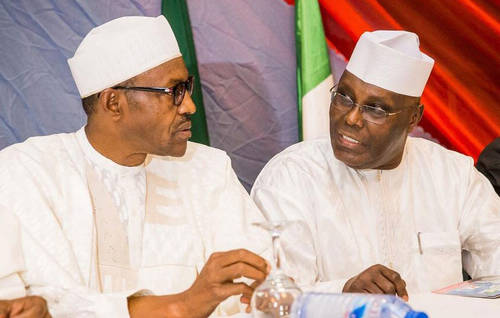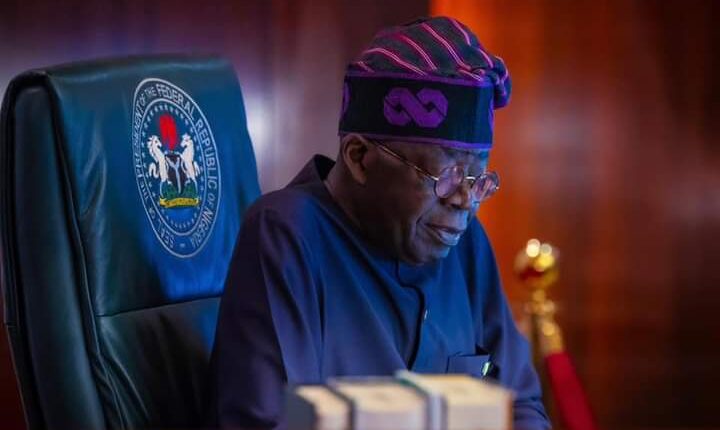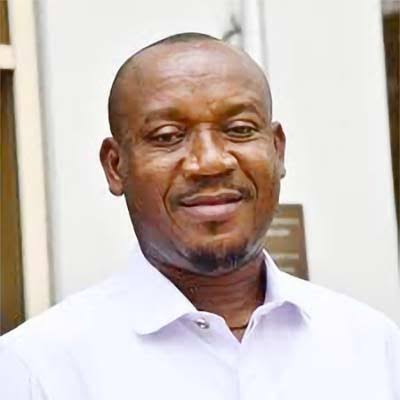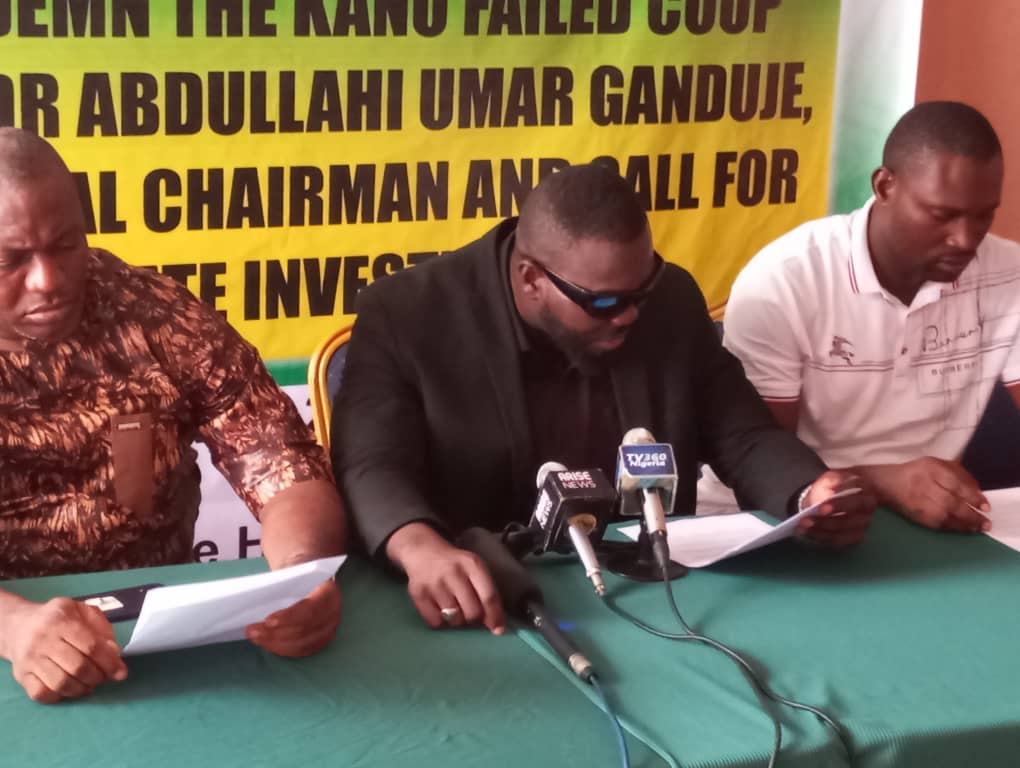With the 2019 General Elections successfully put behind us, Nigerians may now access some semblance of peace. With the contenders and the pretenders having made a choice between ‘clinking glasses’ and ‘licking wounds’, I have no doubt in my mind that the sleeping dog will, at least, for now, advance some respite.
For us in Osun, the last elections conferred on us a new dawn! At least, the ruling party was seen to have taken a leap forward from the troubles and the difficulties that attended, particularly, the September 22, 2018 governorship election in the state. Not only that, March 9, 2019 has radically shamed a predatory opposition and its tiny appendages of accidental practitioners and conflict merchants who had hitherto fantasized that the election that threw up Gboyega Oyetola as governor of Osun was fraught with fraud. And, as fate would have it, the opposition played with a chance by recklessly expanding our national frontlines of political and economic inclinations and it paid dearly for it. Coincidentally too, some ‘Freedom Park politicians’ and distractive noisemakers who had earlier polluted the space with “less than 50 years” as the ‘suitable’ age for Rauf Aregbesola’s successor as governor of Osun could not even wait for the cock’s crow before switching their preference to a 63-year-old contestant. At any rate, elections are now over and it’s time governments across board settled down to serious business of governance.
Beyond the pledges, slogans and the ‘dividends of democracy’ rhetoric that have not dovetailed into reality, one striking issue is the apathy of voters during the elections. In practical terms, that the voter turnout was less than 36% of the 84,004,084 registered voters in the largely peaceful exercise did not detract from governance issues. That Nigerians of voting age were reluctant to vote was a clear attestation to the deep animosity and a growing sense of frightful disconnect between the political class and the masses. It showed how eerily cadaverous the electorate’s morale and expectations have become. Apart from areas where the Independent National Electoral Commission (INEC) recorded over-voting, which was outright fraud, most of the polling areas recorded very low turnout of voters, even as quite a sizeable number of eligible voters opted to stay indoors for lack of better things to do.
Voter apathy is a product of many factors. For instance, a dose of rigging perception does more inestimable harm to the electorate’s psyche than millions of campaign jingles or slogans. When the people hold the notion that whatever they do, rigging will still take place; or that some powers-that-be, somewhere, will still influence or manipulate the outcome of their franchise, the implications cannot but be grievous. The situation even becomes complicated if a government is perceived to be fraudulent or fraudulently installed. The possibility of being disobedient to such a flawed system cannot be ruled out.
Another area of our politics that must be critically looked into is alienation. It is a fact of life that, if the people are alienated from the programmes and policies of the government, it simply means that such a government is only planning for the people, not with the people. This, of course, negates the principle of democracy and development. Chances are therefore that such electorate will feel reluctant to vote.
Legitimacy is a social concept which gives authority to power. Basically, when power is backed up with legitimacy, it becomes authority. Impliedly, if the power of a government is not actually backed-up with the power of the people, it becomes a government that is not people-representational, even, if it goes on for 50 years. A cut-off government is empty and can falter anytime, which, in itself, is dangerous. Beyond the ceaseless elegance and captivating hymns of partisan concerns, Nigerians are hungry; and are angry; and may as such, become violent whenever ‘opportunity’ for it presents itself! The systemic decay is apparent, and the concomitant erosion of political capital of the country and socially-ascribed legitimacy, which for decades, has been taken for granted, or assumed as given, is gradually receding. It will therefore amount to political suicide on the part of our political leaders to task the people’s tolerance by feigning ignorance of this ominous phenomenon!
Let us come back to Osun, a state not immune from the cancer called voter apathy. While I intend to dwell more on this sad side of our democracy in the coming days, to say that all is well with party politics in dear state is to fool oneself that voter apathy has something to do with specific instructions from different political parties. Well, one funny attribute of social action is that it has a life of its own; and once it is activated, it is difficult to be controlled. Yes! The outcome of the presidential election might have dampened the enthusiasm of the opposition who lost the election while the absence of gubernatorial contest in Osun might also have made the election less competitive, stress-, even, tension-free. Nevertheless, findings revealed a blatant expression of the people’s reaction to the perception of the non-responsiveness of their political leaders – in and out of government – to their immediate and long-term plight.
Procrastination! Empty boast! Spirit of error! Attitude of the elite! Perfect plans without perfect actions! Cruel pragmatism! And a plethora of excuses! While Nigeria’s political leadership needs self-appraisal, self-cleansing and a lot of refocusing, it is time the electorate’s expectations were matched by government’s delivery mechanisms. Politics must be inclusive, not divisive, or, non-exclusive! In a profound sense, there is always a threshold, or red line, which the modern state must never cross. In my considered view, it is not enough to call for Economic Summits. It is equally important that Political Summits are called, either by political parties or interested Civil Society Organizations (CSOs), to arrest this ugly trend before things become uglier! For a man to leave his home, hale and hearty, only to end up jumping into the lagoon is a lesson in season on how good it is to fight anticorruption war and how equally important it is to take care of the human elements.
May the Lamb of God, who takes away the sins of the world, grant us peace in Nigeria!
*KOMOLAFE writes in from Ijebu-Jesa, State of Osun, Nigeria (ijebujesa@yahoo.co.uk)
abiodun KOMOLAFE,
O20, Okenisa Street,
PO Box 153,
Ijebu-Jesa, State of Osun.

 Business6 months ago
Business6 months ago
 celebrity radar - gossips4 months ago
celebrity radar - gossips4 months ago
 celebrity radar - gossips4 months ago
celebrity radar - gossips4 months ago
 Business3 months ago
Business3 months ago

















You must be logged in to post a comment Login